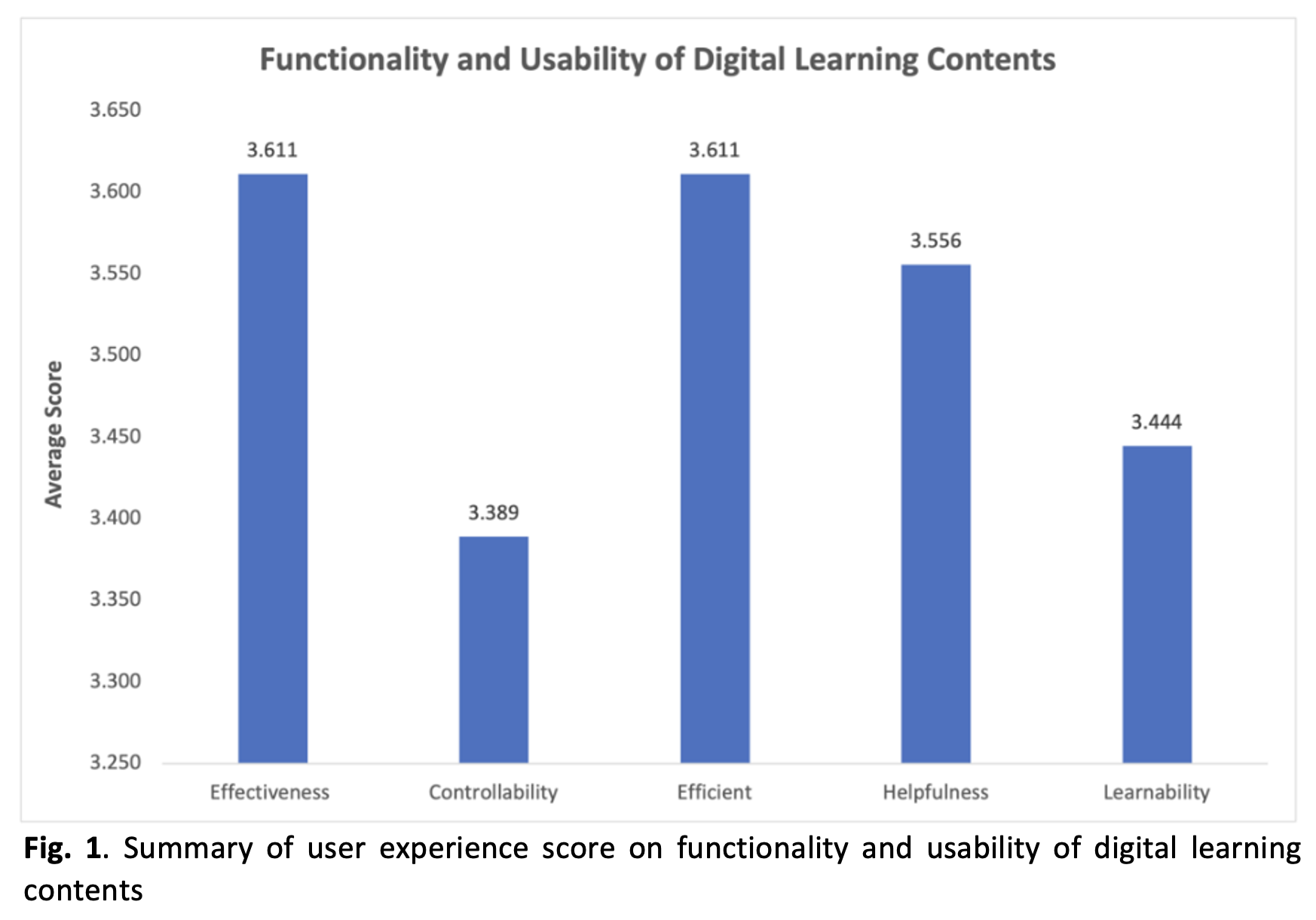Impact of Digitalization on Automotive Technology Curriculum Concerning Student Psychomotor Achievement
DOI:
https://doi.org/10.37934/araset.37.2.141155Keywords:
Digitalization, automotive technology curriculum quasi-experimental, functionality and usabilityAbstract
Through the implementation of digital learning content, this study sought to investigate the impact of digitalization on automotive technology curriculum. A quasi-experiment was conducted to assess the functionality and usability of the digital content, as well as its effect on psychomotor performance. 47 students enrolled in the Bachelor of Engineering Technology (Honours) in Mechanical, Manufacturing, and Mechatronic (Automotive) programme participated in the study. The study found that the digital learning content had a significant positive influence on the psychomotor achievements of the students. The functionality of the digital learning content was evaluated based on its capacity to deliver the desired learning outcomes and its compatibility with the existing curriculum. In addition, we evaluated the efficacy of the digital content by measuring its usability, navigation, and overall user experience. The analysis is based on the four primary research questions to determine the effect of digital learning content on students' cognitive and psychomotor achievement in automotive technology programs. IBM SPSS Statistical Version 23 was utilized to analyse the listed variable. p 0.05 is the significance level for all analyses. The findings are presented in the sections that follow. These evaluations revealed that the digital content is functional and effective, providing students with a positive learning experience. In addition, the results of these tests indicated that the digital learning content effectively facilitated the learning process. Finally, students were evaluated based on their ability to complete practical tasks related to the course material. The results of these evaluations demonstrated a significant increase in the psychomotor performance of the students, indicating that the digital learning content was able to improve their practical skills. This study concluded that incorporating digital learning content into the curriculum for automotive technology had a significant positive influence on the psychomotor achievements of students. The digital content is functional, usable, and effective in facilitating learning, providing students with a positive educational experience. These results suggest that incorporating digital learning content into a programme for automotive technology can be a valuable addition to conventional learning methods.
Downloads





























